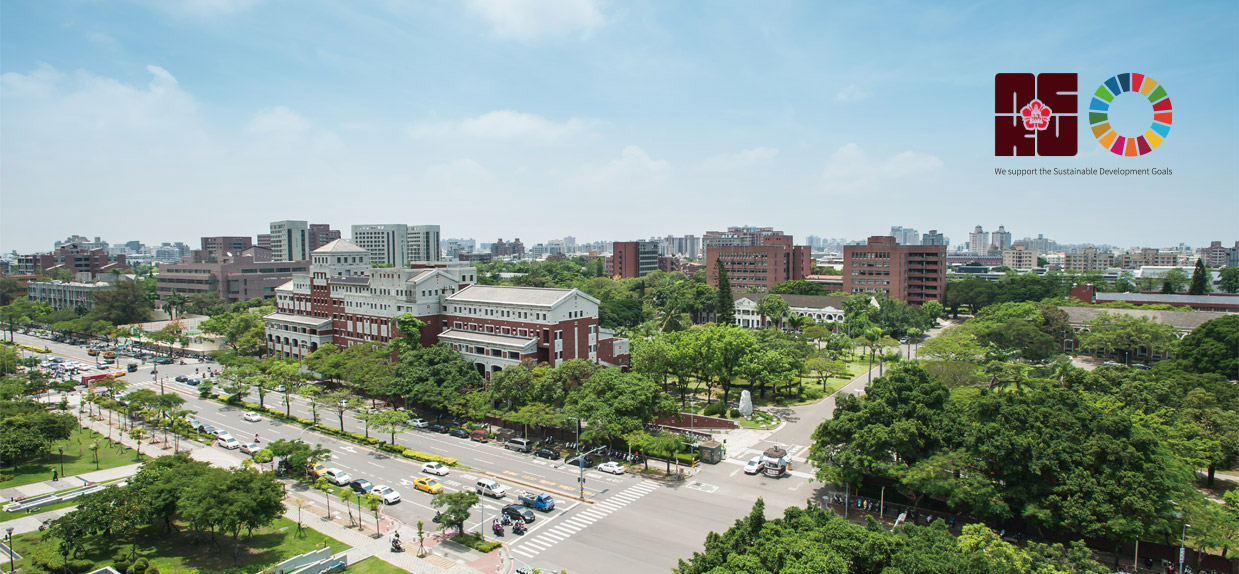NCKU is dedicated to promoting carbon neutrality and campus sustainability, demonstrating a strong commitment to climate action. NCKU received three major awards at the inaugural Taiwan Sustainable University Awards, ranked first worldwide for the fifth consecutive year in the 2024 THE Impact Rankings, and secured second place nationwide in the 2025 QS World University Rankings for Sustainable Development, highlighting its leadership in education, research, and social engagement.
- Taiwan Sustainable University Awards: NCKU Wins Three Major Honors.
- 2024 THE Impact Rankings: NCKU Secures Global Championship for the Fifth Consecutive Year.
- 2025 QS World University Rankings for Sustainable Development: NCKU Ranks Second Nationwide.
- 2024 Net-Zero Emissions Technology International Competition: NCKU Chemical and Civil Engineering Team Brings Home an International Trophy for Taiwan.
NCKU’s Commitment to Carbon Neutrality
NCKU is committed to actively promoting carbon neutrality, recognizing that addressing climate change is a shared responsibility of society as a whole. Through education and research, NCKU enhances public understanding of and participation in climate action. The university has set clear and ambitious targets to reduce greenhouse gas (GHG) emissions and achieve full carbon neutrality by 2041:
⬧ By 2024, reduce GHG emissions to the 2010 level.
⬧ By 2029, reduce GHG emissions to the 2000 level.
⬧ By 2031, reduce the carbon footprint by half.






